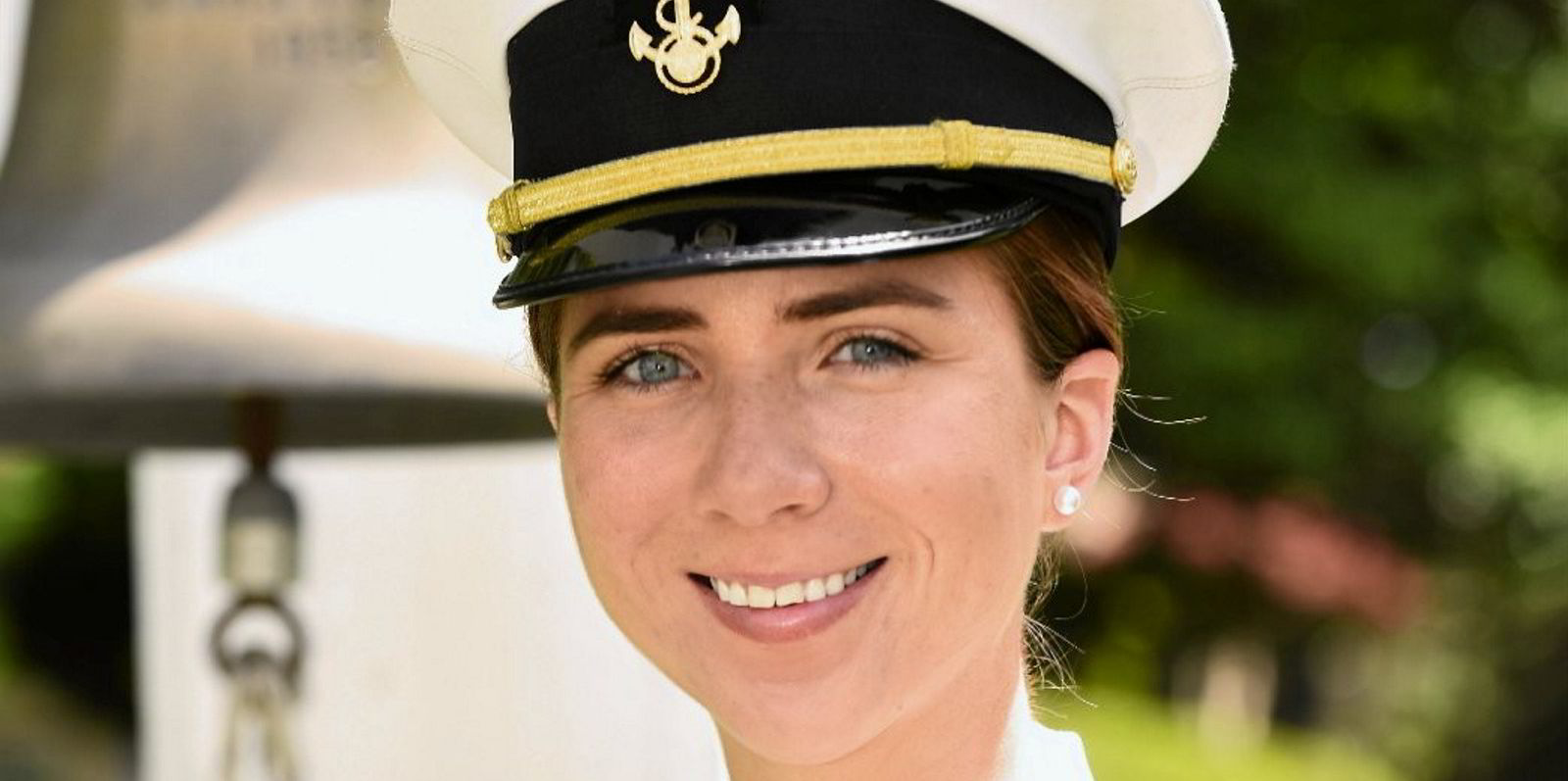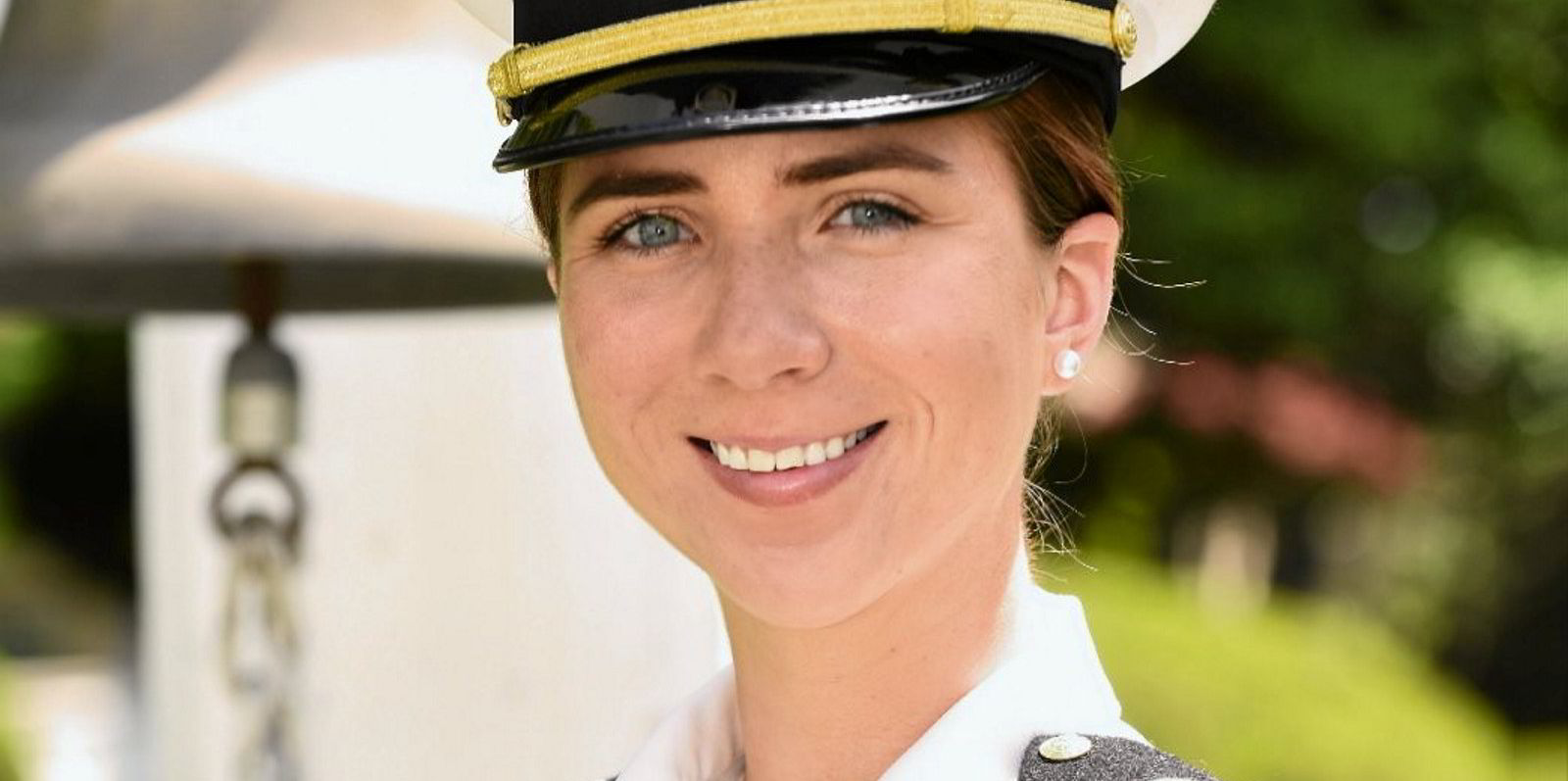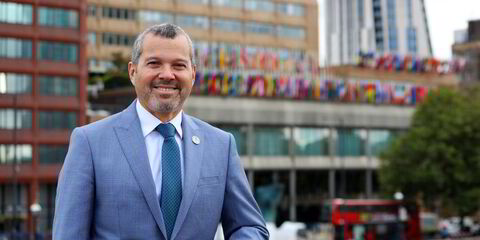Does shipping have a problem with sexual harassment, or is it confined to the odd rogue seafarer on a Maersk vessel and the targeting of young cadets from the US Merchant Marine Academy (USMMA)?
I think we all know the answer. It is highly unlikely that two blue-chip names from the maritime world have been compromised in unusual circumstances, or that this kind of behaviour has not happened or does not happen on vessels across the globe.
It is essential to highlight and then ensure the right steps are taken to halt the violent or inappropriate exercise of power by those in authority.
Not least, it undermines the efforts of employers encouraging more women to go to sea. But this is not about gender rights — this behaviour is usually carried out by men on women, but not exclusively — it’s about human rights.
There are unique dangers for those at the bottom of the strict labour hierarchy at sea, miles from home with no escape and with enormous cultural and disciplinary control in the hands of one person: the captain.
The potential for that person — usually a man — to abuse his position or allow a culture to develop in which others in positions of authority below him can abuse their positions is clear and large.
Enormous bravery
The issue has risen to the top of political as well as industry debate partly because of the enormous bravery of one 22-year-old woman in particular, Hope Hicks, who has filed a lawsuit in New York claiming she was raped by a supervisor on a Maersk Line Ltd car carrier, the 6,000-ceu Alliance Fairfax (built 2005), when she was 19.
Hicks, a student at the USMMA, wrote an anonymous essay on the website of Maritime Legal Aid & Advocacy, a non-profit organisation offering space for victims to provide testimony about the problems they have faced. She signed the piece Midshipman X.
In that anonymous article, Hicks alleged that five out of 50 cadets in her year had been raped, and she described her tragic circumstances like this: “Around 6 or 7AM I woke up in my bed completely naked and began freaking out. My clothes were all over the floor and they were soaking wet, I had a massive hangover ... and I knew immediately that I had been raped.
“I was a virgin and had been saving myself, and as soon as I woke up I could feel that I was very sore and knew exactly what had happened.”
Hope’s lawyers have also filed a second suit on behalf of another woman who alleges she too faced sexual harassment as a cadet on board the same vessel last year.
‘No one intervened to help’
The lawyers said the cadet identified only as Midshipman Y was “repeatedly harassed, groped and threatened by much older and more physically imposing crew members while no one intervened to help”.
USMMA — also known as Kings Point — suspended its at-sea training programme last November in reaction to the furore caused by the Midshipman X article, the second time it has had to do so for similar reasons in five years.
A range of investigations was triggered also involving the US Maritime Administration, the US Coast Guard and the Danish shipping company.
In a statement, Maersk said: “We are deeply touched by the cases that have come up. We need to put an end to this unacceptable behaviour and get to the bottom of the problem. When the case came up last year, we started talking to all our female sailors to get their first-hand accounts of the culture on the ships.
“The interviews showed that a comprehensive cultural change is needed. We are working on this, which is why we have, for example, set up a team that works specifically on this, and we will continue to do so. It is absolutely crucial for everyone in AP Moller-Maersk that we have a safe, supportive and welcoming environment on our ships and in our company as a whole.
“The personal cases that are pending, we cannot comment on.”
My fear would be that this is the tip of an iceberg for the wider international shipping industry. There needs to be action by all shipowners, maritime organisations and unions to stop violence at sea.(Copyright)





